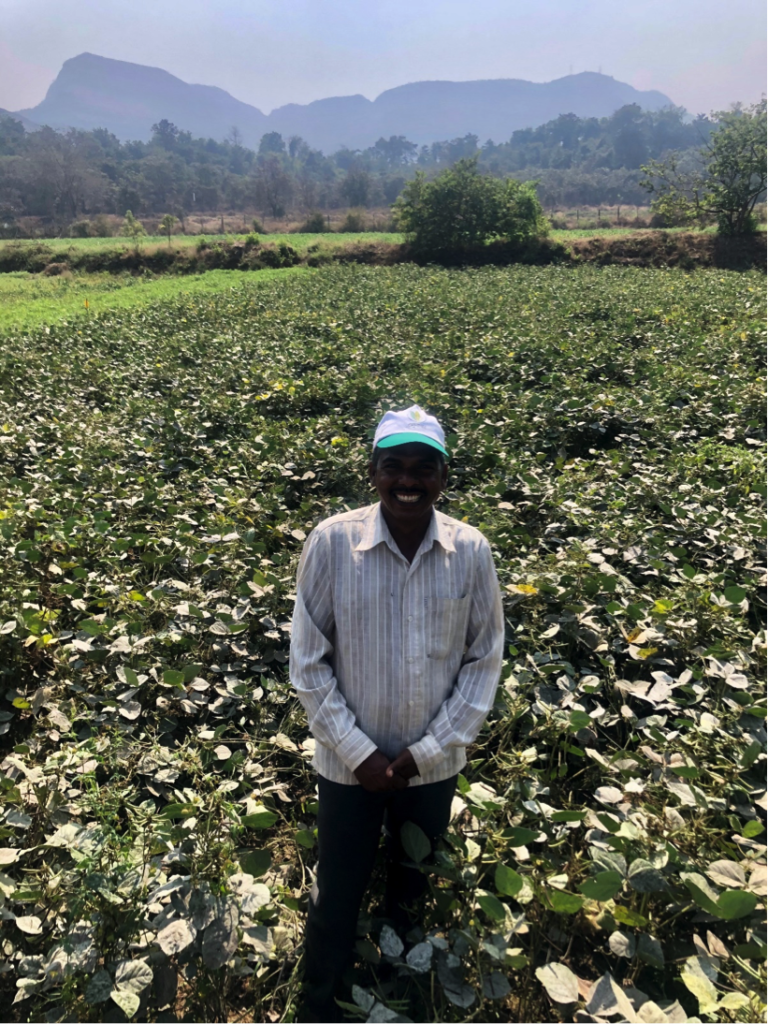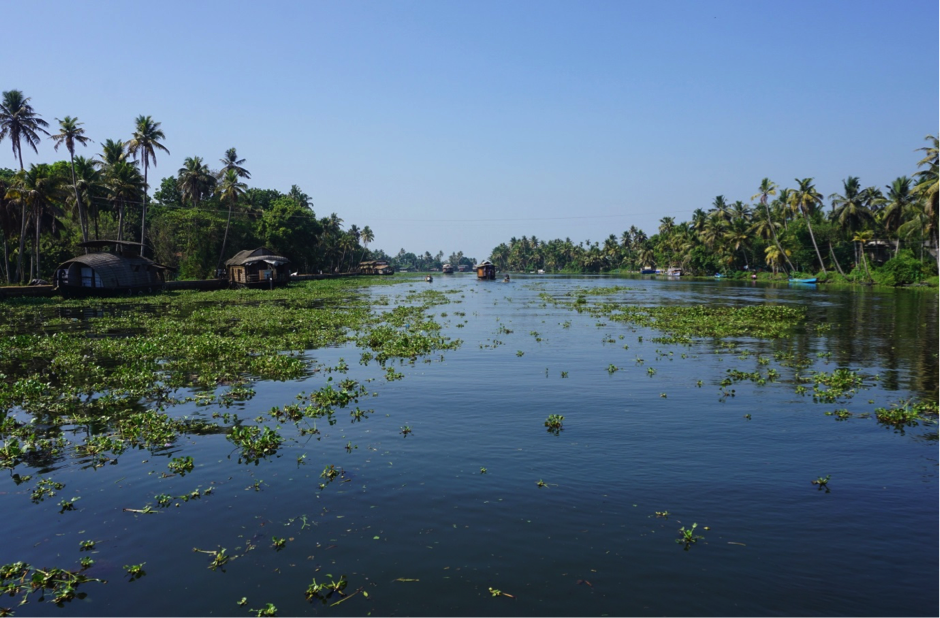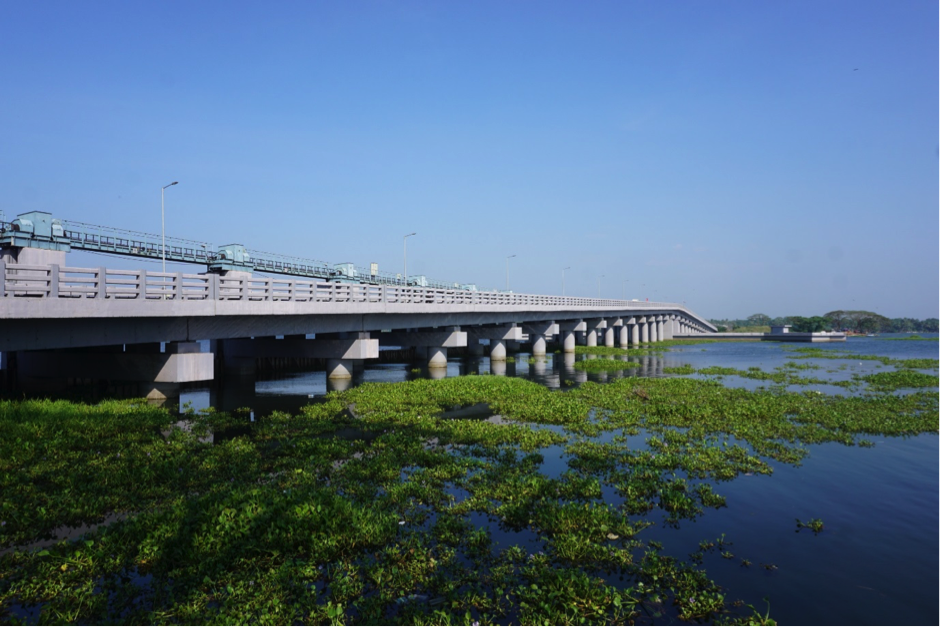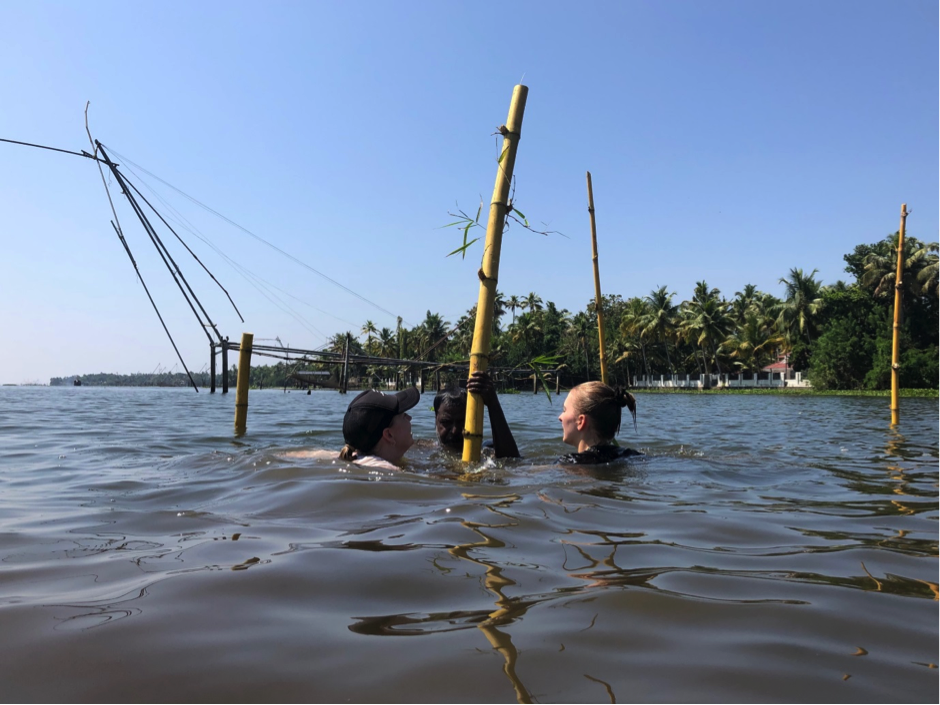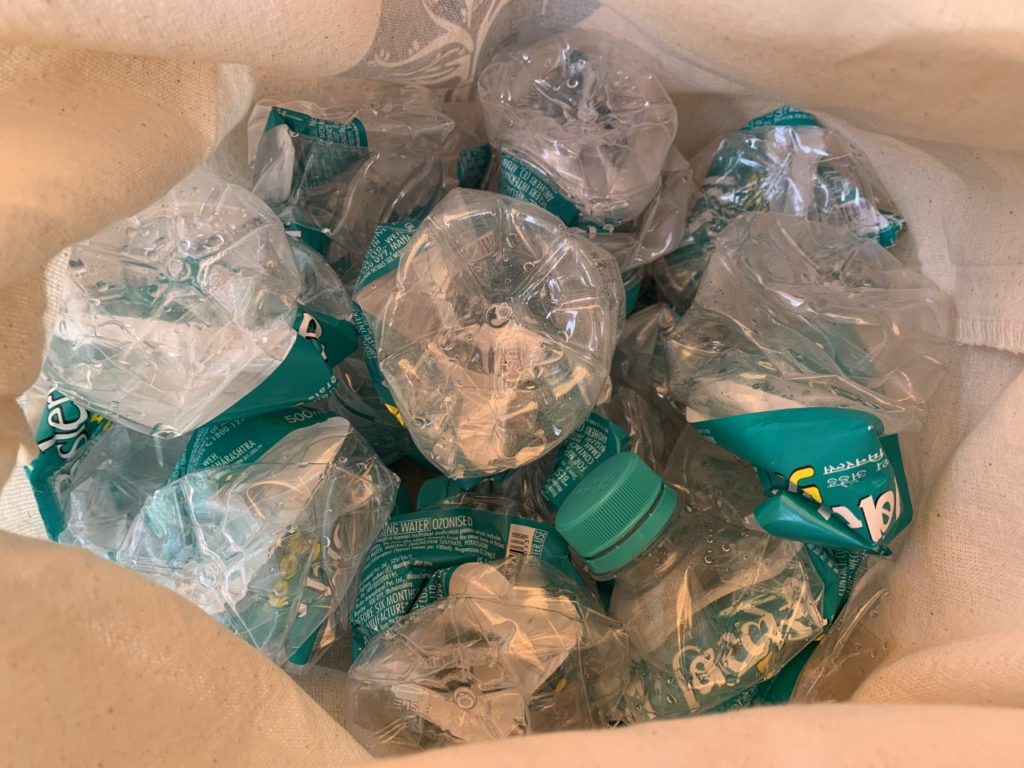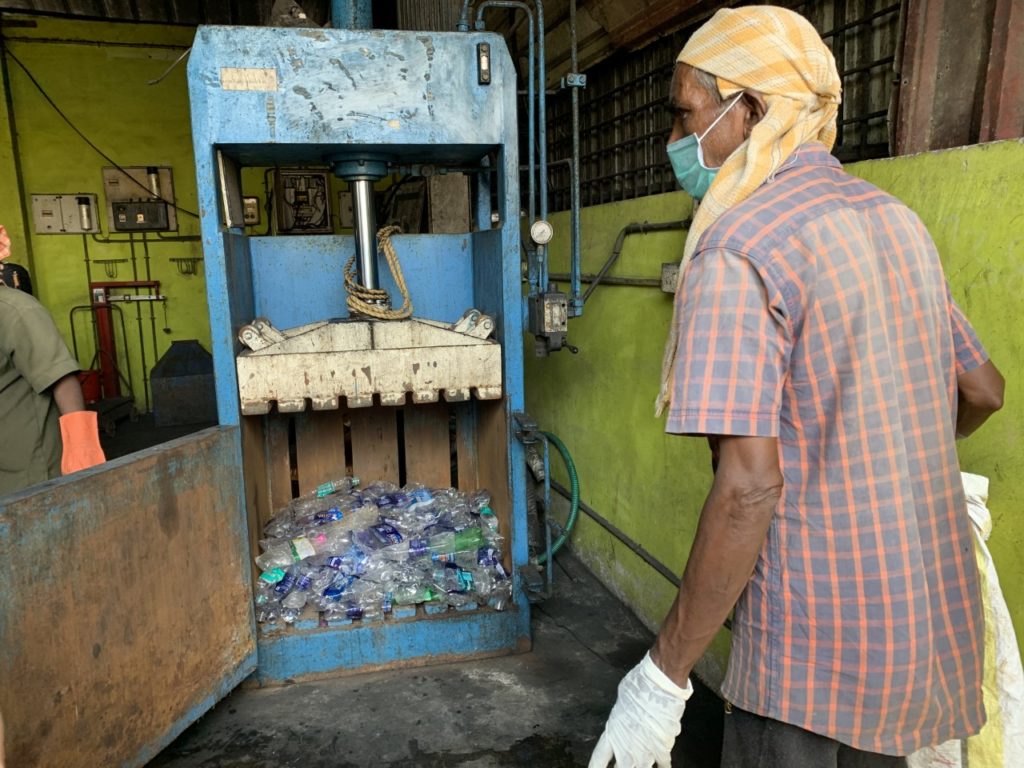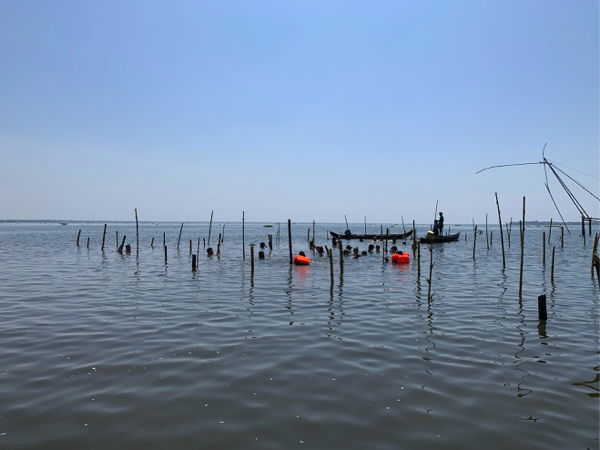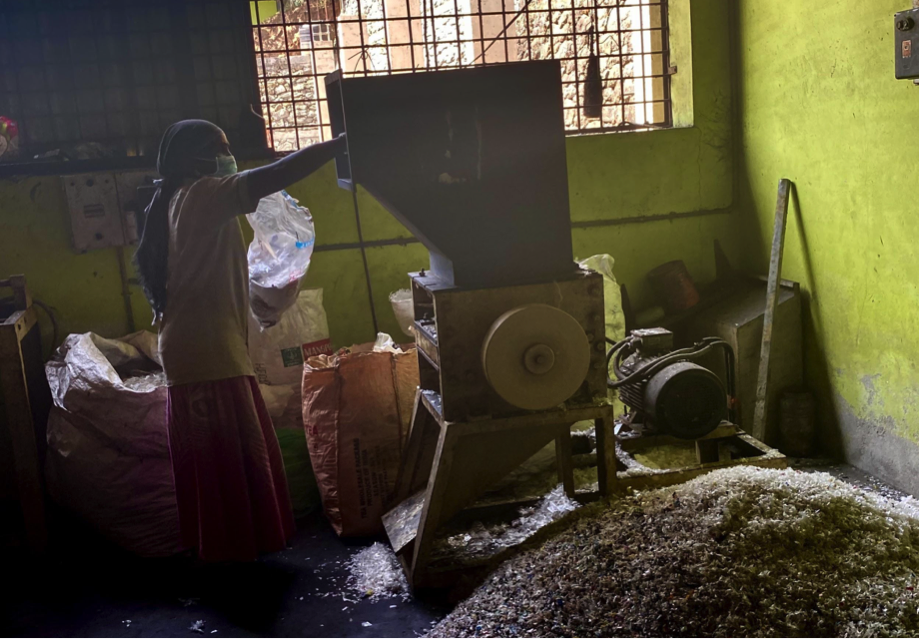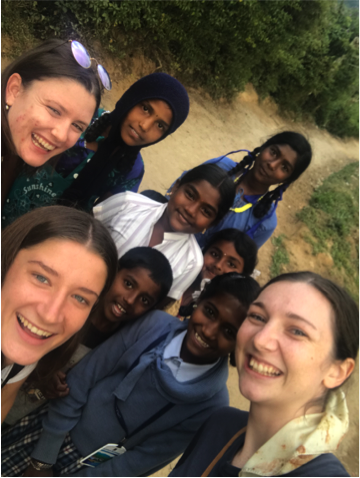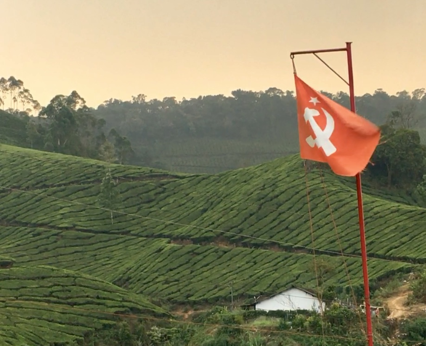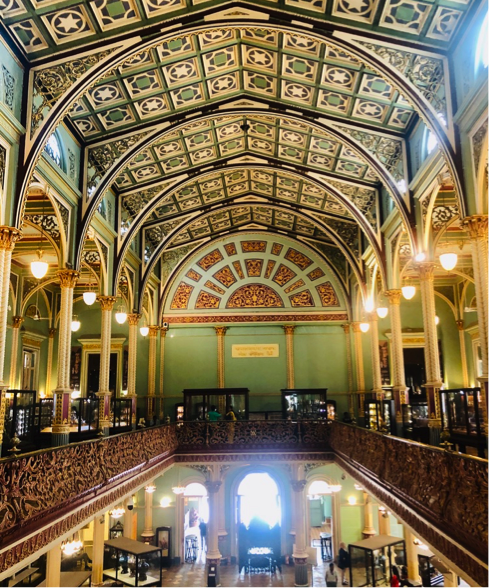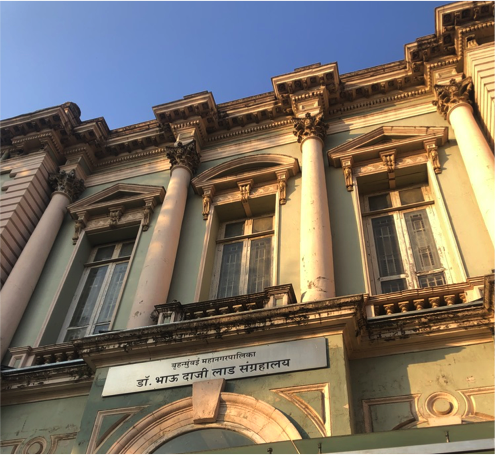By Anastasia Abrams
Bachelor of Arts (Political Economy) & Bachelor of Advanced Studies (Politics & International Relations)
Our time studying at the Tata Institute of Social Science (TISS) was intersected with outings to unique sites across Mumbai city including the Gateway of India, Navi Mumbai and the M-East Ward Slums. Navigating the bustling streets, the uneven footpaths and noise pollution was very overwhelming while attempting to stick together as a group.
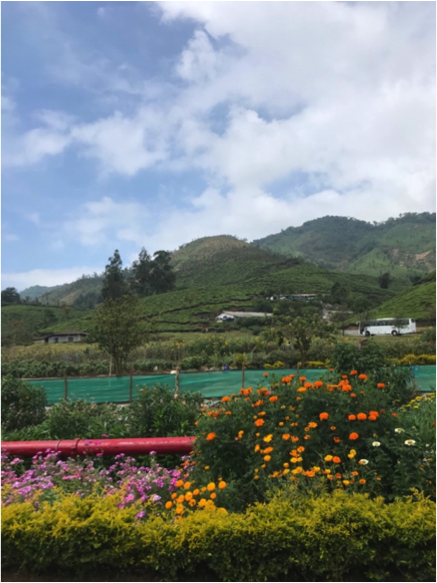
Very quickly, the impassable characteristics of this chaotic city, struck me as being the impossible reality for those with physical and mental disabilities. Bound by noise and space constraints and inaccessibility to basic facilities, it came as no surprise that I didn’t see many disabled people around Mumbai.
Of the total Indian population however 2.1% are disabled, with 70% of these people residing in rural areas. This becomes a considerable problem due to the limited availability and utilisation of rehabilitation and disability services within rural communities.
In part due to the stigma of disabilities being associated with sin. The consequences for disabled people can be devastating as families either keep them hidden at home, or refer to their disabilities as ‘treatable’ conditions to preserve their social status.
This social marginalisation and neglect is only heightened as prospects of marriage for the family members are significantly decreased, due to the assumption they carry this illness. When poverty and discrimination towards disabilities intersect, people with disability are subject to worsened health problems, limited opportunities of gaining employment or education and reduced access to social welfare services and support.
Discrimination against people with disability can manifest in the attitudes of family members and in government policy, or lack of it. Currently there is no ministry responsible for meeting the holistic needs of disabled people in India.
In this environment, it was extremely refreshing to see the work being done at the Srishti Trust centre in Munnar to empower specially-abled children and young adults. Established in 1990 under the Tata Global Beverages Corporate Social Responsibility Initiative, Srishti runs several projects aimed at securing a positive future for the differently-abled. This was set up when Tata noted the high rate of people with disability in the area, later found to be the result of inbreeding within the villages.
Srishti’s projects include DARE (development activities in rehabilitative education), a school for the children of the tea plantation workers, whose minimum incomes are not able to support the complex needs of their disabled children. Walking around this centre, it was obvious to see the compassion and pride these educators have towards the children and their work, despite the attached societal stigma. Once graduating the now young adults are assimilated into Srishti’s vocational projects, dependent on their capabilities.
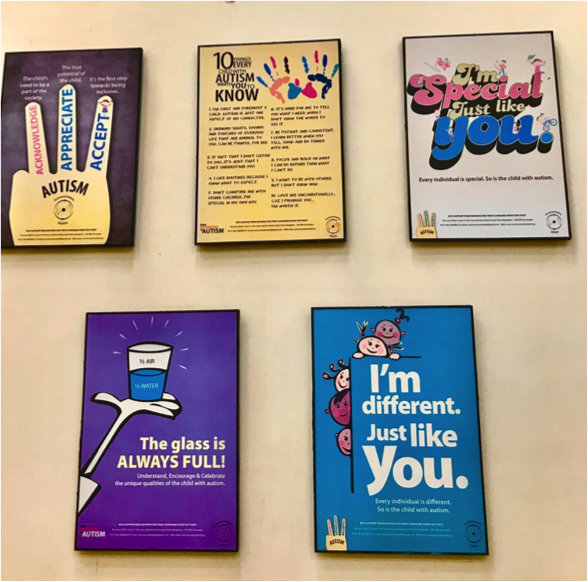
These include Athulya an upcycling paper unit based on the ideology ‘wealth from waste’ Aranaya which creates eco-friendly natural dyes and fabrics, Nisarga a fruit preserve making unit and the Deli where an assortment of desserts is made. These workers were proud to explain the various production processes and show off their work. We left with the undeniable understanding that these are independent and self-sufficient people.
In the present context suitable disability services and their implementation remain an immense challenge. When provided support and valued as productive members within the community however people with disability, like the ones at Srishti Trust, become empowered individuals.
The first step to improve the holistic experience of differently-abled people in India is by disabling the current environment.



